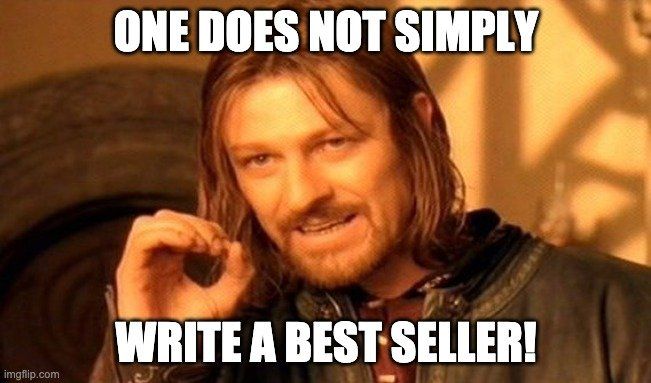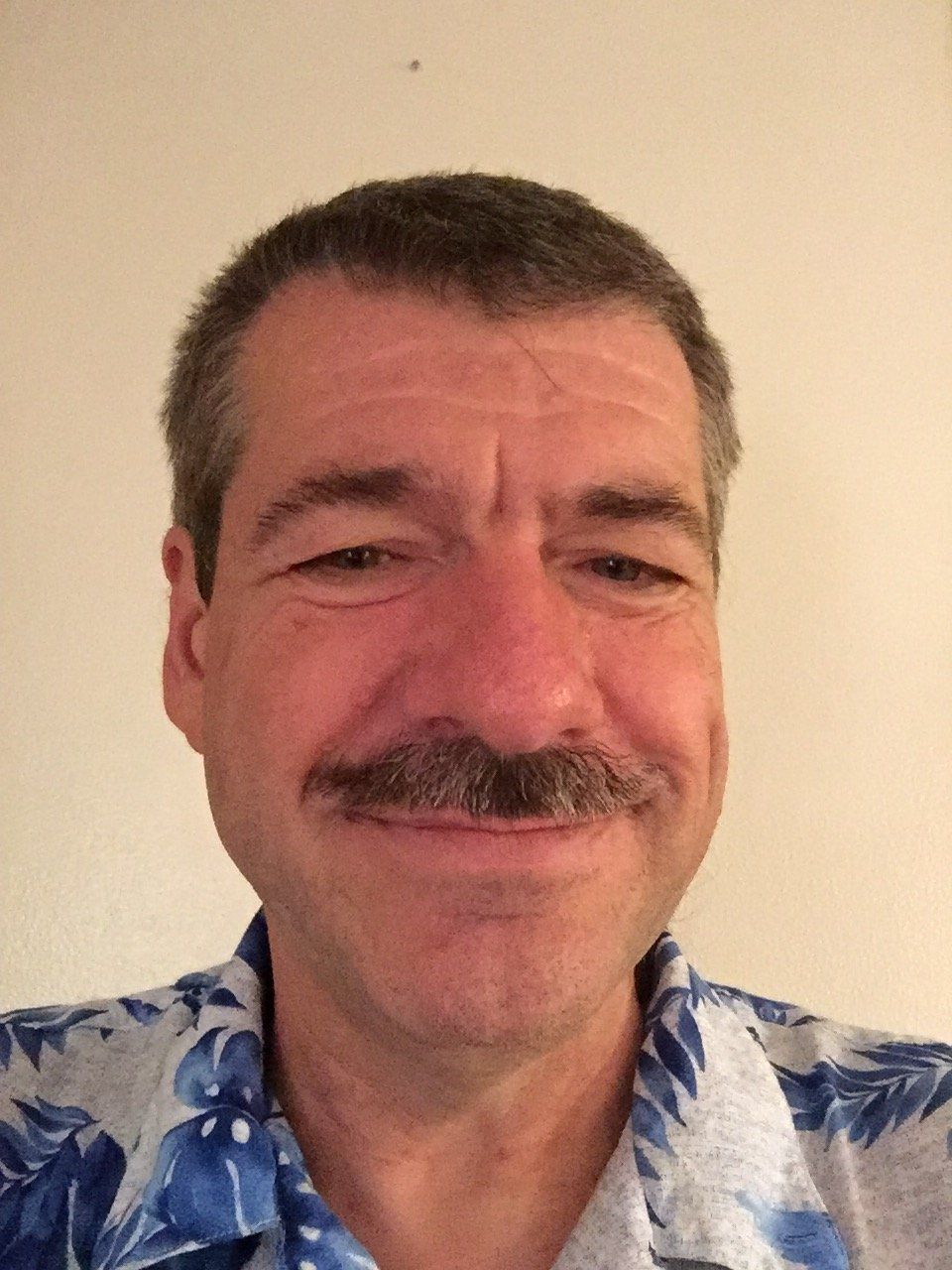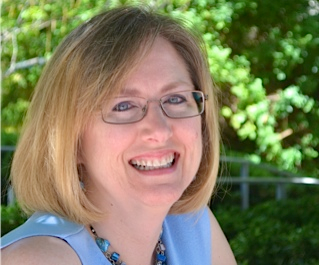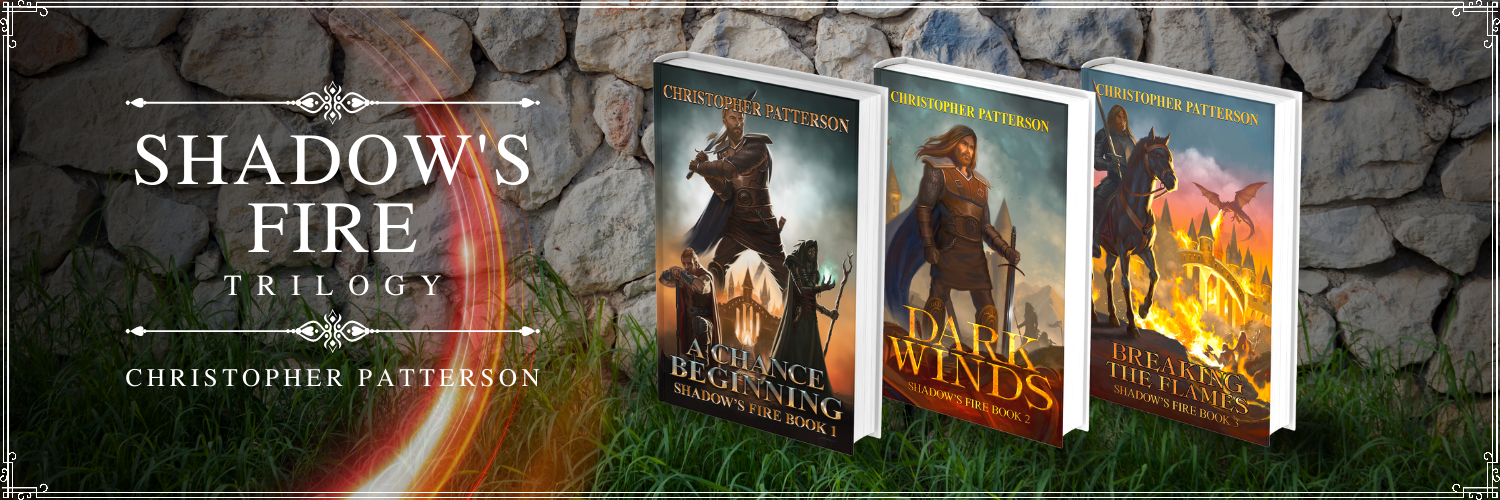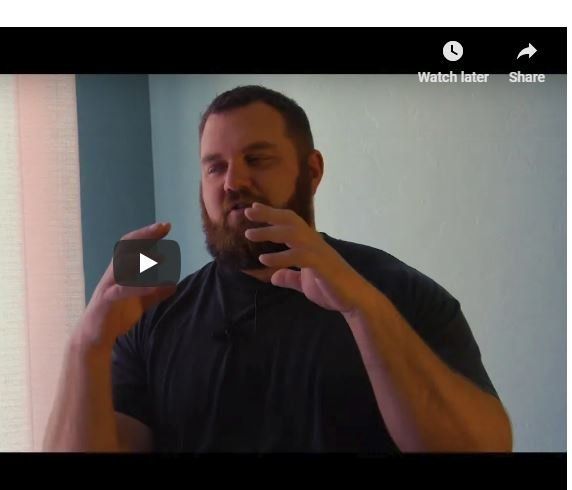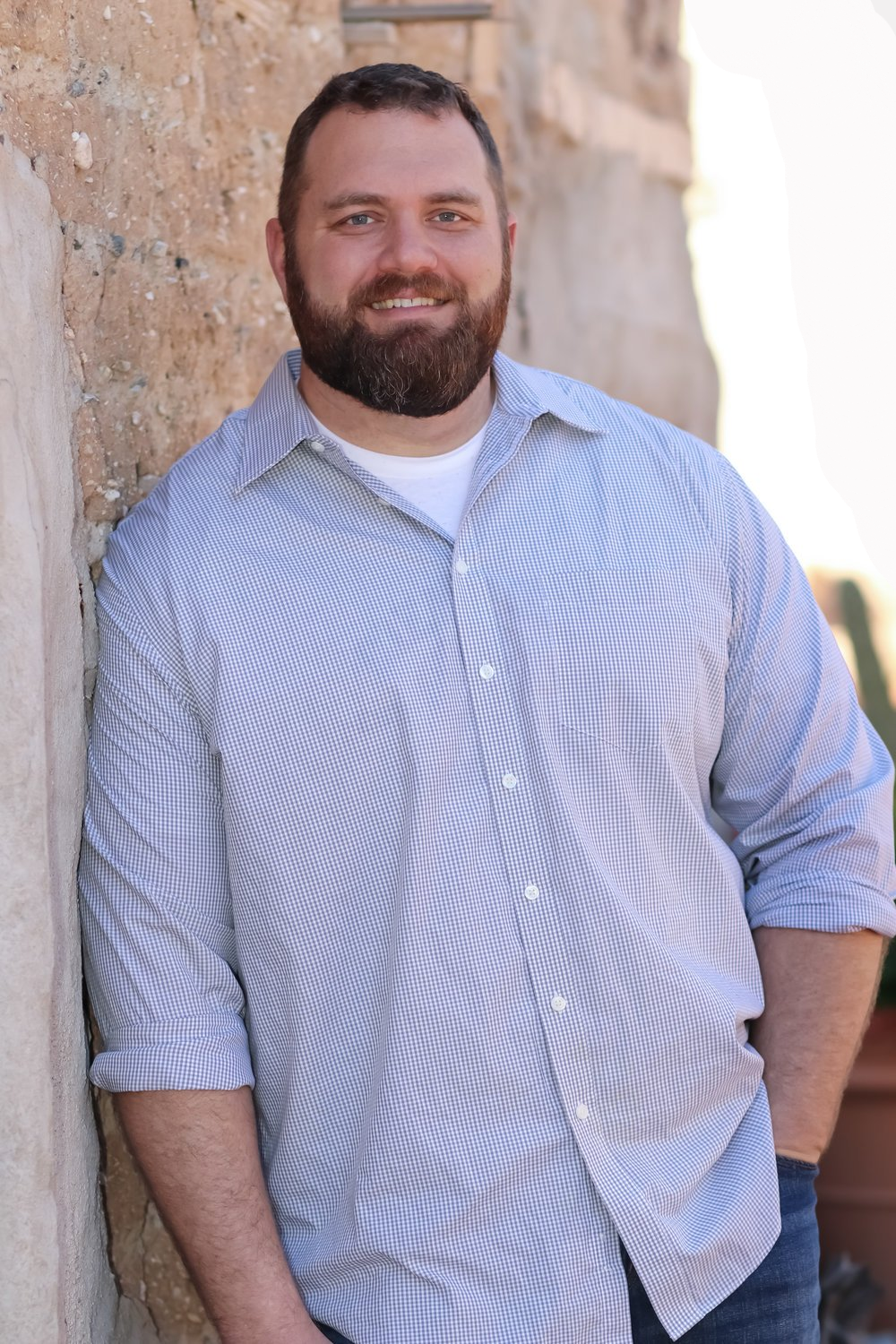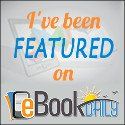The Attack on Indie (Self-Published) Authors
I was in the middle of doing some research for another article I wrote when I came across several other articles dealing with self-publishing. I have to admit, I was excited to read them since they dealt with self-publishing and, even though self-publishing is becoming easier and more mainstream, its still hard to find usable resources. These articles quickly disappointed me. In fact, they downright upset me. I don’t know. Maybe that was their goal. Exert a gut reaction from someone who disagrees. What was the central idea behind these few articles? Self-publishing is a terrible idea, those who are self-published authors really aren’t authors, and writing should be relegated to the elite few.
We Live in a DIY World
I am a little embarrassed to say that there might have been a time in my life when I agreed with these magazine writers and editors. I have always enjoyed writing and reading, but my first artistic love was the guitar. More specifically, I specialized in classical guitar. I practiced relentlessly (most of the time), worked and worked on fundamentals, toiled over studies and modes, and eventually studied classical guitar performance at the University of Arizona. I was proud to be a musician. I was proud of my skill and hard work. I was proud of my ability to sight read.
And then came the self-taught guitarist.
Man, these guys truly pissed me off. They learned a few riffs. Learned a few modes. Learned a couple chords. And there they were, playing on the U of A mall, strumming and singing to whatever the new, hipster song was at the time…and there they were, women swooning over their skill and men wanting to be like them. You’ve got to be kidding me. This guy couldn’t tell you what mode he was playing, or why those chords went together. He certainly wouldn’t have been able to play anything by Fernando Sor or Johann Sebastian Bach. He’s not a real guitarist. Or is he?
I slowly began to understand, as I got older and wiser, that we were both, in fact, guitarists. We were different types of guitarists and our skills definitely lay in different areas. But, nonetheless, we were both musicians. In reality, many of those self-taught, non-music reading hipsters probably have or are making more money at playing the guitar than I even have or will. They recognized a market and played to it. Good for them.
“There Are No Guarantees"
This attitude permeates almost every area of our world, every industry, every business. The girl who studied history in school and now makes a living by taking photographs is ridiculed by everyone else who went to school for photography. The self made business man who was a high school dropout receives the scorn of every other business person who has their MBA from some reputable school. The teacher who didn’t go to school to be a teacher, but rather went to school and studied English is now the most decorated Biology teacher in the district, much to the chagrin of every other educational professional. And the examples go on and on and on.
The Industry Has Changed
I was in college when I decided I wanted to be an author. I have always loved writing. I loved reading too, but when I read, I was enjoying someone else’s imagination, someone else’s creation. I wanted people to enjoy my creation, my imagination. I had started what would eventually become The Shadow’s Fire Trilogy
, as well as several other spin off stories that are still works in progress. I thought what I had was pretty good (it wasn’t at the time) and so I started looking at what I would need to do to get my book published. I was excited, ready to go, and expecting to make a gigantic impact on the fiction world—especially in fantasy. Wow, was I in for a rude awakening.
The Gatekeeper
My dad was, for most of my life, a self-employed, small business owner. And he was good. Successful. Innovative. So, when I tried my hand at sales—and I was pretty good at it—I, of course, turned to my dad for advice. I was selling insurance and mutual funds and really trying to target businesses, trying to encourage them to set up company insurance plans and 401(k)’s. My father explained to me the concept of the gatekeeper.
The gatekeeper. The ominous interceptor of information. The ruthless decider of worth and worthless. The unyielding door to the vast riches and markets held by the small (or large) business.
The gatekeeper was usually the front secretary. This was a person who seemingly had a job that was low skilled, low pay, and easily done. Wrong. This is the person most trusted by the boss. This is the person who is privy to management’s most inner thoughts. This is the person who has outlasted all other employees, keeping their head down and doing their job. And one of their jobs? Sift through the countless letters and phone calls and even in person drop ins to determine whether or not they are worth the time of their employer. As a salesperson, you must find a way to either get through, or around, the gatekeeper in order to meet with the big dogs. The gatekeeper was the bane of many salespersons, and the destroyer of hopes and dreams of that one, huge policy that could make an insurance agent rich.
The World of Publishing
How does this relate to the world of publishing? Simple. The author is the salesperson and the world of publishing has landmines of gatekeepers just looking to blow you up. I was surprised to find out how similar the world of writing and books and publishing was to sales. Only, in the world of publishing, they mask these portentous figures with titles such as agent or acquisitions publisher. And forget about going around them. In the world of sales, if you’re cunning and sneaky enough, you can find a way of avoiding the gatekeeper. Not in the world of publishing. You can’t even step through the door of a publishing house unless you’re being led on a leash by an agent, and not just any agent, an agent with a track record of success.

It is so incredibly difficult to get published today. Like I said, you first must find an agent. So you send out hundreds, if not thousands, of query letters. And after receiving rejection letter after rejection letter telling you your writing just isn’t that good, you steel yourself up, thicken your skin, do several rounds of rewrites and revisions, and repeat the process three or four times. Finally, you get something that is good. People read it and respond positively. You even know someone who knew someone whose cousin’s husband’s cousin worked at a major publishing house, and they assure you, your manuscript is ready. This is it. This is the moment. You send out the query letters. One. More. Time. And…thank you but at this time, we aren’t interested. It’s not your writing though. You no longer suck at the craft you so desperately want to be successful in. No. It’s almost that high school break up letter that no one wants. You would rather your ex-girlfriend tell you that you smell, she thinks your ugly, she hates your family. But instead, she tells you, “It’s not you, it’s me.”
Welcome to the final rejection letter. And why is this one so hard to take. Because, at any other moment in time, like that failed high school relationship, your book would have been a best seller. It was just the wrong time. See, in order to get an agent, in order to get published, you must have experience. You must be fresh and new (remember, there’s no such thing as a new story). You must have published something before. Wait. Record screeching. What? How can I ever get my book published if I need to first be published in order to publish a book that isn’t yet published? Did that last sentence just sound weird? Sure, because that’s what has happened to the publishing industry. How do we get around it? Well…
Welcome to Self-Publishing
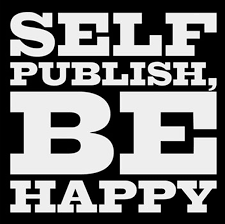
When I first started thinking about getting published, self-publishing—or vanity publishing—was so expensive and treated with so much disrespect by the rest of the writing community, any writer worth anything would have never even considered it. I was lucky enough to actually get picked up by a small publishing company and that only happened because I knew another author who had published with them and she gave me an in. At that point, as you might suspect, I thought I had made it. I was wrong. That was only the first step. I won’t go into the rigmarole that was my experience with a publishing company, but I finally left and found myself at square one again.
By this time, however, self-publishing had started to revolutionize. Amazon had created a company called CreateSpace. They did print on demand. They offered editing services. They even offered marketing services. One of my editors who worked for my former publishing company actually suggested to me that I self-publish. It was much more respected now, much cheaper, and the industry already had several stories of self-published authors selling a ton of books and then getting picked up by major publishing houses. Could that be me? Maybe.
You see, self-publishing offers prospective writers—authors—an opportunity they may not otherwise have. Just like online colleges offer people an opportunity to education, teach yourself music books offer musicians the ability to learn without shelling out a bunch of money, and YouTube offers someone who is otherwise not mechanically inclined a way to work on their car.
The Attack
The Huffington Post posted an online article written by Melissa Foster and Amy Edelman in 2012 that listed four reasons why Indie Authors aren’t respected. It was a well put together list. I agree with all the reasons.
-
Bad editing
-
A lack of gatekeepers
-
Quantity over quality
-
Crappy covers[1]
Yeah, pretty much spot on. But these are things that a self-published author can overcome. Find editors who want to pump up their resume. Save up some money and pay for it. Find students at your local college going through Creative Writing degrees. Take your time. Understand the concept of delayed gratification. Know that the more time you take, the better your product is going to be. And be willing to shell out a couple hundred dollars for a good cover. I found Adriana Hanganu. She does an amazing job and she is very reasonable.
Melissa Foster also suggested in an article titled “ Are Self-Publishing Authors Killing the Publishing Industry? ” that Indie Authors are killing the publishing industry by “creating a devaluing for the written word.”[2] Wow. Thanks. In some cases, I am sure there are pretty terrible self-published works out there, but are they any worse than some published works. I mean, read several books about a certain shade of color, or a series about sparkling vampires. These are better simply because they were published by a traditional publishing house? In another Huffington Post article, this one written by Dr. Jim Taylor , an adjunct professor at the University of San Francisco , he asks the question, “ Are Self-Published Authors Really Authors, or Even Published? ”[3] Dr. Taylor confesses that four of his 14 books are self-published, but still gives a somewhat unfavorable view of the self-publishing world.
The article that upset me the most, and the one that prompted me to write this article, was an article from the New York Post. Joseph Epstein writes an article entitled, “ Think You Have a Story in You? Think Again.” Epstein completely trashes writers thinking about self-publishing and eventually finishes his article with this condemnation: “Don't write that book, my advice is, don't even think about it. Keep it inside you, where it belongs.” [4] I’ve linked all these articles to their online sources, so you can read them yourself if you want.
Final Thoughts
This world is full of nay-sayers. And, using the words of my wrestling coach in high school, there are no guarantees. The only guarantee I can make you is that if you don’t give something a shot, if you don’t do your absolute best, if you don’t work hard, you will not make it and you will not be successful. What is my advice to you? Keep writing. Don’t just write for the sake of writing. Write your best, whatever your goal is. Understand what self-publishing means. Understand the hurdles you have to overcome if you decide to self-publish. But keep that dream alive, and let other people read it. Don’t keep it to yourself. Don’t ever stop believing in yourself. Write your story and Dare to Dream.
Make sure you visit Christopher Patterson’s website at www.christopher-patterson.com and also make sure you sign up for his monthly newsletter where you can keep up to date with what’s going on in his world, his articles and blogs, get access to freebies, and experience promotional material. You can sign up for Christopher Patterson’s email newsletter at http://eepurl.com/b5AUa1
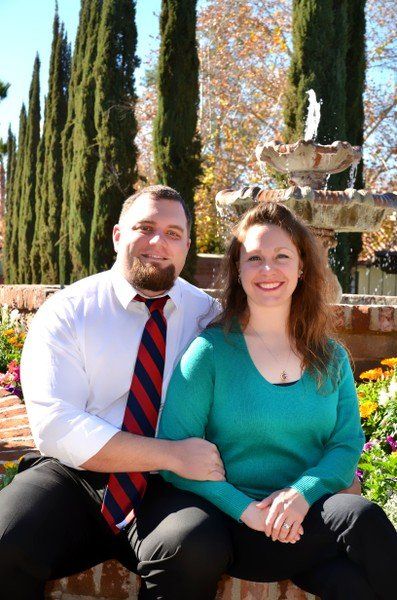
[1] Losowsky, Andrew. "The Big Reasons Indie Authors Aren't Taken Seriously." The Huffington Post. TheHuffingtonPost.com, 30 Jan. 2012. Web. 25 Aug. 2016.
[2] Foster, Melissa. "Are Self-Publishing Authors Killing the Publishing Industry?" The Huffington Post. TheHuffingtonPost.com, 24 Oct. 2012. Web. 25 Aug. 2016.
[3]Taylor, Dr. Jim. "Are Self-published Authors Really Authors or Even Published?" The Huffington Post. TheHuffingtonPost.com, 30 Sept. 2013. Web. 25 Aug. 2016.
[4] Epstein, Joseph. "Think You Have a Book in You? Think Again." The New York Times. The New York Times, 27 Sept. 2002. Web. 25 Aug. 2016.
Chris' Blog
